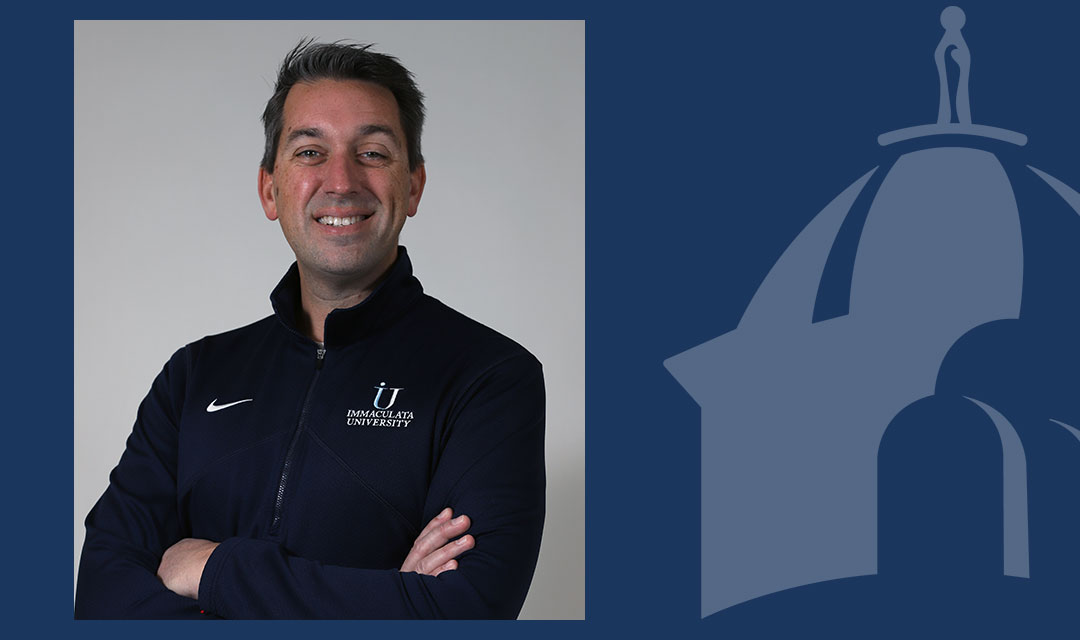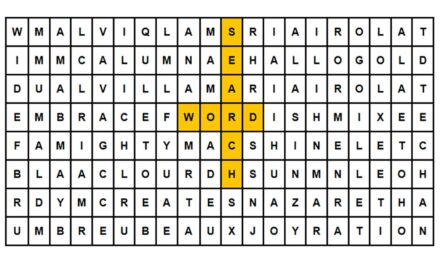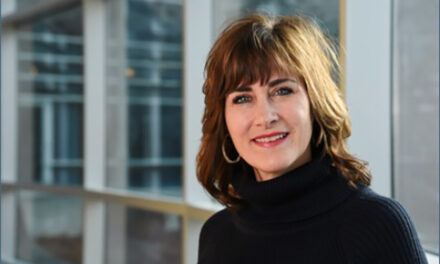By Lydia Szyjka ’09 M.A.
Immaculata University is set to make a significant impact in the field of counseling with the introduction of its new Ph.D. program in Counselor Education and Supervision, scheduled to begin in fall 2025. This program is one of the few of its kind in the region and promises to equip future leaders in counseling with the skills and knowledge necessary to excel in their profession.
Unique Offerings and Program Structure
Immaculata’s Ph.D. program stands out as the only counselor education program in Eastern Pennsylvania and the only one within a 100-mile radius of Immaculata. According to faculty members, many universities aspire to offer doctoral programs but lack the necessary resources and faculty engagement. A successful program requires dedicated counselor educators who are not only skilled in teaching but are also actively involved in counseling practice and research. Additionally, the school must have a vibrant master’s-level counseling program.
Another distinguishing factor is the program’s admission requirements. Applicants must hold a master’s degree in counseling or a related field, which contrasts with many other doctoral programs that accept students directly from undergraduate studies. This approach allows for a cohort of experienced professionals returning to further their education, enriching the learning environment.
Ethics training is a cornerstone of the curriculum, seamlessly woven into every course to equip students with the tools to navigate the complexities of the counseling profession. Mastery of ethical principles is vital for future counselors, who will not only adhere to these standards but also model them for their students and clients.
A Personal Journey to Program Development
The initiative to launch this Ph.D. program originated from the personal journey of Ryan Bowers, Ph.D., assistant professor of counseling and psychology and director of the new Ph.D. program. Bowers, who previously commuted from Reading, Pennsylvania to Pittsburgh for his own doctoral studies, recognized the need for a local program.
“For three years, the four-hour one-way commute was an opportunity to dive into learning that I might not have experienced otherwise,” Bowers said. “Future students won’t have to face late-night drives, naps at Pennsylvania Turnpike rest stops or navigate frequent Somerset County snowstorms, as I did.”
After expressing his desire for a doctoral program at Immaculata, he was approached by David Martinson, Ph.D., chair of Immaculata’s Counseling and Psychology Department, to help develop the new program and to be the program director. Collaboration with the faculty allowed for the creation of a curriculum that meets professional demands while also addressing student needs.
Career Opportunities for Graduates
The program is structured around the 2024 Council for Accreditation of Counseling and Related Educational Programs (CACREP) standards in teaching, supervising, counseling, research and leadership/advocacy, ensuring that students gain comprehensive experience across all five areas of focus.
Bowers noted that graduates from Immaculata’s program can decide how they want to learn about and spend time interacting with all five of these foci, which allows for vocational flexibility rather than only having experiences appropriate for one job.
Graduates of Immaculata’s Ph.D. program will be well-equipped to pursue diverse career opportunities as advanced clinicians, counselor educators, clinical supervisors, researchers in public and private institutions, and leadership roles that move the profession forward.
Hands-on Classroom Research and Practical Applications
The counseling profession has evolved significantly over the years, gaining recognition in diverse settings beyond the traditional roles often associated with psychologists and social workers. Changes in licensure laws and increased acceptance by insurance companies have also expanded opportunities for counselors. In response to these shifts, Immaculata’s new Ph.D. program embraces a research-focused approach, combining hands-on classroom research with practical applications. The program emphasizes evidence-based practices, equipping students to bridge the gap between academic inquiry and real-world counseling challenges.
Students and Professors Learning From Each Other
As Immaculata University’s first Ph.D. in Counselor Education and Supervision cohort prepares to begin their journey in fall 2025, they can do so knowing that the faculty are committed to rigorous training, ethical practice and responsiveness to the evolving landscape of counseling.
Bowers highlighted the unique strength of Immaculata’s program, stating, “In traditional graduate psychology programs, the professors are the ones with the professional experience, but in a counselor education and supervision program like Immaculata’s, not only do the professors have professional experience, but so do the students.” These interactions foster deeper conversations and allow for more specific training tailored to specialty populations—areas that many other programs lack the time or expertise to address.






